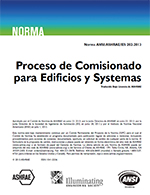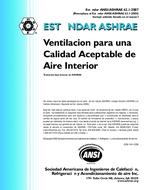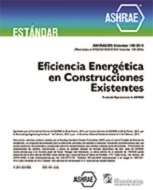Description
Click here to purchase
Considerable differences between energy simulation estimates and real energy consumption have been noticed, partly because of the occupant behaviour and its simplified pattern used for simulations. The need of a realistic behavioural pattern to provide more accurate simulation results is evident, as different regional behavioural patterns could hinder the applicability of certain architectural and environmental strategies. The present study examines, through a dynamic thermal simulation (EnergyPlus) parametric analysis, the effect of different design and construction parameters along with occupant behavioural pattern (derived from a questionnaire campaign), on the thermal and energy performance of an apartment located in Athens. The questionnaires’ analysis indicated significant interaction of Greek residents with the building shell during summer, in their effort to maintain comfort. Two simulation models were created, where one makes full use of mechanical heating and cooling systems when the required temperature per season is not reached. Parameters examined in sensitivity analysis include window size, thermal insulation position (internal, external) and thickness, orientation, airtightness, glazing properties, shading and user behaviour. Results indicate that the “Real model” reduces annual primary energy consumption for heating and cooling by an average of 79%. The most important parameters for achieving optimal energy efficiency are occupant behavioural pattern, typical window size and high airtightness.
Product Details
- Published:
- 2022
- Number of Pages:
- 8
- Units of Measure:
- Dual
- File Size:
- 1 file , 4.2 MB
- Product Code(s):
- D-94056-C03
- Note:
- This product is unavailable in Russia, Belarus




